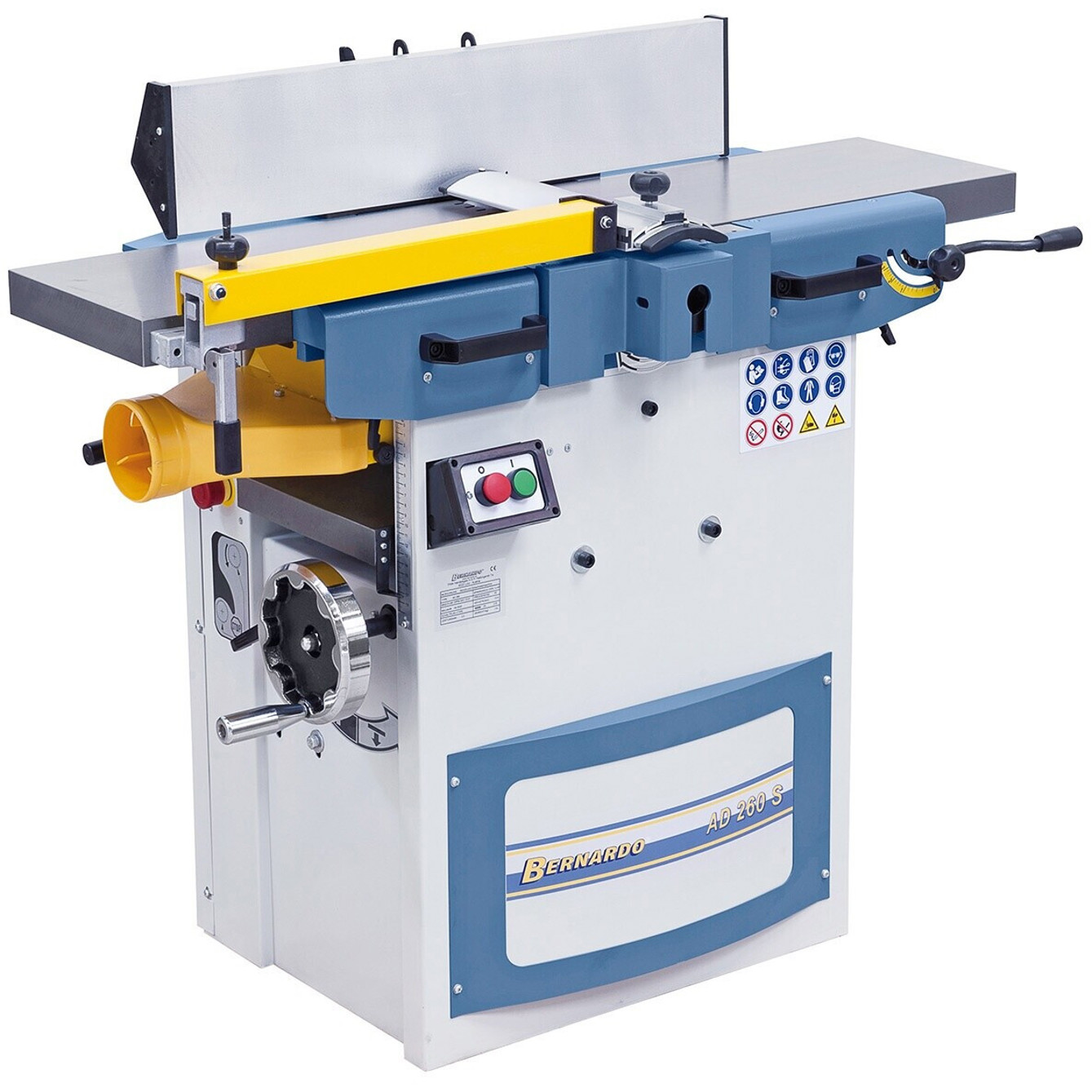Affordable Planers and Thicknessers: A Comprehensive Guide for Woodworkers
Woodworking enthusiasts understand that having the right tools is important for creating premium jobs. Among these tools, planers and thicknessers play an essential function in achieving smooth, even surfaces on lumber. However, discovering economical options in the market can frequently be an obstacle. This article aims to supply an extensive analysis of cheap planers and thicknessers, assisting woodworkers make a notified decision without breaking the bank.
Understanding Planers and Thicknessers
Before diving into the inexpensive options, it's crucial to understand what planers and thicknessers are, how they operate, and their distinctions.
What is a Planer?
A planer is designed to shave wood down to a preferred thickness and to create a smooth, flat surface. It can remove product from one side of a piece of lumber, leveling it in the process. Planers can be hand-held or benchtop designs, with automated feed options available.
What is a Thicknesser?
A thicknesser, typically referred to as a thickness planer, is specifically concentrated on attaining a consistent thickness across the whole width of the wood. While it can also smooth surface areas, its main function is to trim the lumber to an accurate thickness. These makers can be indispensable for woodworking applications where exact dimensions are a must.
Secret Differences: Planer vs. Thicknesser
| Function | Planer | Thicknesser |
|---|---|---|
| Purpose | Smoothing and leveling | Attaining consistent thickness |
| Design | Can be portable or stationary | Usually bigger and more robust |
| Feed Mechanism | May vary (manual or automated) | Often has an integrated feed system |
| Suitable Use Cases | Flattening surface areas | Preparing lumber for last measurements |
Why Choose Cheap Options?
Premium planers and thicknessers can cost hundreds and even thousands of dollars. However, numerous affordable choices exist today that offer outstanding performance without compromising too much on quality.
Benefits of Using Affordable Tools
- Cost-Efficiency: Save money while still getting tools capable of dealing with various woodworking tasks.
- Ease of access: Ideal for enthusiasts who want to experiment without a high initial investment.
- Entry-Level Use: Perfect for beginners to woodworking who may not yet require professional-grade devices.
Suggested Affordable Planers and Thicknessers
Here's a list of some of the very best economical alternatives for planers and thicknessers presently offered on the marketplace:
Affordable Planers
| Model | Price Range | Key Features | Best For |
|---|---|---|---|
| DeWalt DCP580B | ₤ 150 - ₤ 200 | Cordless, double-sided blade, ergonomic design | General woodworking |
| Makita 1806B | ₤ 180 - ₤ 260 | Effective 15-amp motor, adjustable depth, lightweight | DIY jobs |
| Bosch PL1632 | ₤ 120 - ₤ 170 | 6.5-amp motor, simple blade change, dual-grip style | Little jobs and trims |
Economical Thicknessers
| Design | Price Range | Secret Features | Best For |
|---|---|---|---|
| DeWalt DW734 | ₤ 400 - ₤ 500 | 15-amp motor, 3-blade design, adjustable height stop | Flexible thicknessing |
| Wen 6550T | ₤ 300 - ₤ 400 | 15-amp motor, portable design, large infeed and outfeed | Beginners and enthusiasts |
| Delta 22-550 | ₤ 450 - ₤ 600 | 13-inch cutting width, adjustable conveyor speed | Total wood preparation |
Considerations When Buying Cheap Planers and Thicknessers
Before making a purchase, there are numerous crucial elements woodworkers need to consider to guarantee they invest sensibly:
- Power: Look for a machine with sufficient power score appropriate for your planned work.
- Cutting Width: Ensure the width satisfies your task requirements, specifically for larger measurements.
- Develop Quality: Even at lower costs, you want the machine to have a durable construct to stand up to routine usage.
- Blade Options: Consider designs that enable easy blade replacement; they can save time and cash in the long run.
- Mobility: If you have actually restricted space, compact and portable models can help optimize your workshop.
FAQ Section
1. What's the difference in between a planer and a thicknesser?
A planer mostly levels and smoothens surfaces on one side, while a thicknesser cuts wood down to a consistent thickness across the whole board.
2. Are cheap planers and thicknessers dependable?
While cheaper designs might lack some advanced features, numerous cost effective choices can provide dependable efficiency for home usage and light professional work.
3. Can I use a planer on hardwood?
Yes, the majority of planers can deal with wood, however guarantee that your model has enough power and quality blades for the very best results.
4. How often should I alter the blades?
It's suggested to check the condition of your blades regularly. Replace them when they show signs of dullness or splintering in the cut.
5. Can I use a thicknesser for rough-sawn lumber?
Yes, a thicknesser is perfect for processing rough-sawn lumber into dimensioned boards.
Selecting a budget friendly planer or thicknesser does not suggest jeopardizing on quality. By thinking about Trivox Versand and alternatives tailored to your woodworking requires, it is possible to discover trustworthy tools that won't empty your wallet. Whether you're a hobbyist or aiming to enhance your workshop's abilities, these affordable tools can assist in smoother, more precise woodworking adventures. Happy crafting!

